Tag: Heart / Stroke-Related: Stroke
DAPT Use Variable in Patients With A-Fib at Risk of Stroke
Dual antiplatelet therapy used in variable manner; most patients remain on study drug after PCI
Pioglitazone Cuts Diabetes Risk After Ischemic Stroke, TIA
Findings for patients with recent ischemic stroke/TIA and insulin resistance, but no history of diabetes
Usual Apixaban Dosing OK With One Dose-Reduction Criterion
5 mg apixaban twice daily deemed safe, appropriate for those with one criterion in ARISTOTLE trial
Primary Stroke Centers Have Slight Survival Edge
Study finds small advantage, but only if patient gets there within 90 minutes
Clopidogrel Plus Aspirin Good for Noncarriers of CYP2C19 Variants
Reduction in risk of new stroke for clopidogrel plus aspirin in those not carrying loss-of-function alleles
Statins Could Reduce Risk of Infection in Stroke Patients
Meds may have anti-inflammatory properties that help the body respond to infection
Shift Work ‘Unwinds’ Body Clock, May Lead to More Severe Stroke
Circadian rhythm disruption may interact with sex to modulate pathological effect of stroke
Stem Cells Can Restore Motor Function in Stroke Patients
Experimental procedure helps restore movement even a year after stroke
Hyperglycemia Tied to Outcomes in Pediatric Stroke
Infarct volume, hyperglycemia linked to poor neurological outcome in arterial ischemic stroke
Sulfonylureas May Inhibit KATP Channel Neuroprotection
Treatment with sulfonylureas may increase the risk of stroke mortality in patients with type 2 diabetes



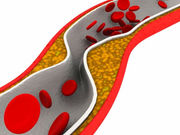


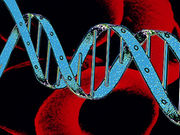

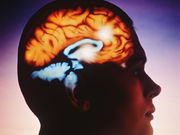
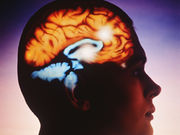
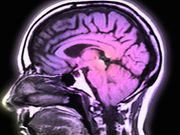
![Sulfonylureas May Inhibit KATP Channel Neuroprotection Treatment with sulfonylureas (ATP-sensitive potassium [KATP] channel blockers) may inhibit the neuroprotective effects of KATP channel activation and increase the risk of stroke](http://www.ehealth-news.com/wp-content/uploads/2016/05/18120-1.jpeg)


